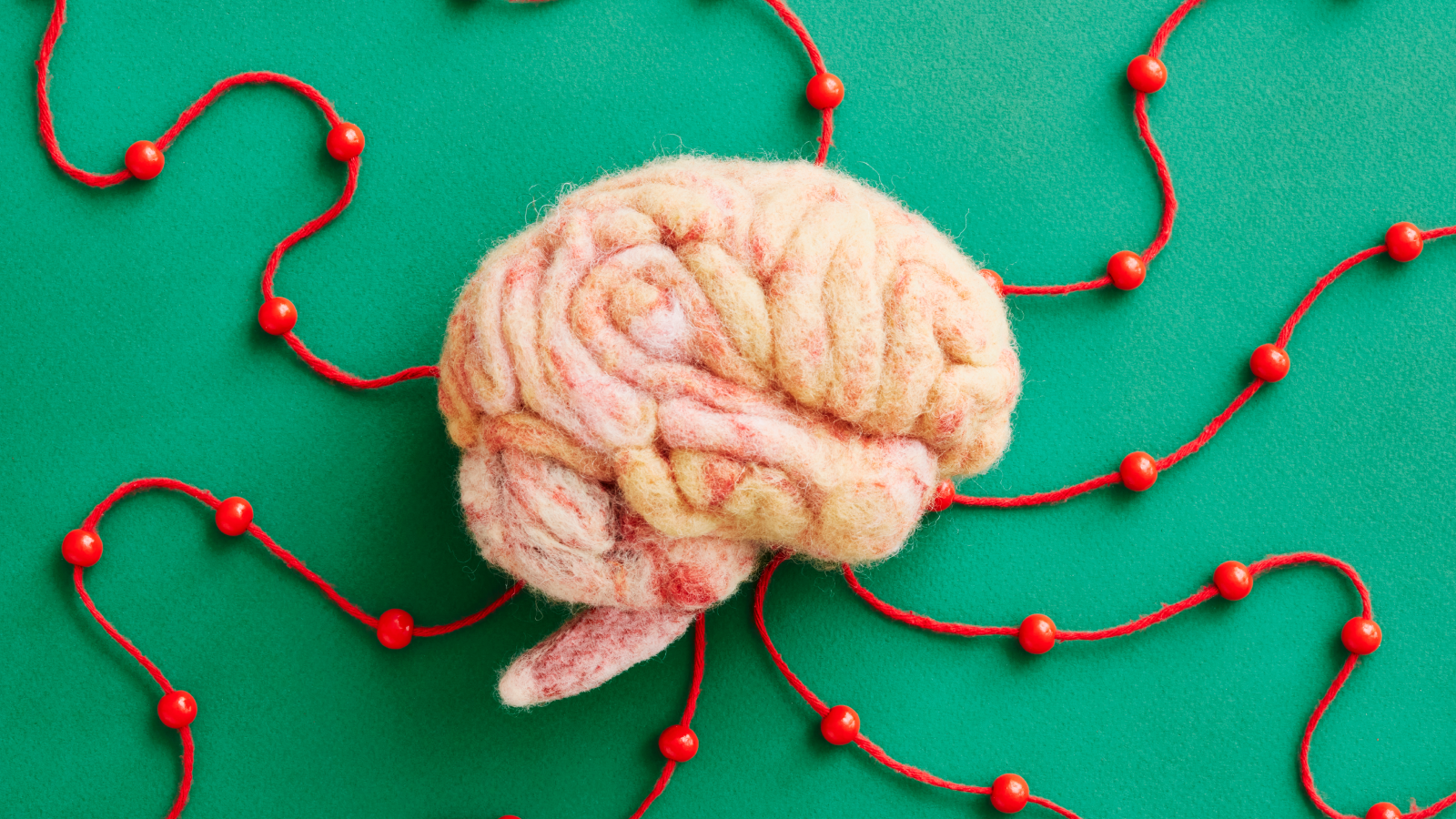Common Cold Virus May Unlock Key to Fighting Cancer
Get the world’s most fascinating discoveries delivered straight to your inbox.
You are now subscribed
Your newsletter sign-up was successful
Want to add more newsletters?
Join the club
Get full access to premium articles, exclusive features and a growing list of member rewards.
The adenovirus the virus responsible for the common cold is a master at tricking cells into sidestepping their natural suicide program when they are infected. Now, researchers say, this virus's behavior could explain how things go awry with genes in cells that are supposed to suppress tumor growth, according to a new study.
The research could impact future targeted cancer therapies, the researchers from the Salk Institute for Biological Studies in La Jolla, Calif., said in a statement.
When a normal cell is under stress, whether from a viral infection or because it has accumulated too many mutations, a gene called p53 works to activate a self-destruct mechanism. But for adenoviruses and tumor growth to be successful, the p53 pathway must be inactivated, according to the research, so the virus has evolved to turn off p53.
"Instead of inactivating p53 directly, adenovirus renders the 'guardian of the genome' powerless by targeting the genome itself," said study researcher Clodagh O'Shea, assistant professor in the Molecular and Cell Biology Laboratory at the Salk Institute.
Cancer researchers have studied p53 at length because the p53 pathway is inactivated in nearly every single type of cancer. However, there is still no targeted cancer drug based on fixing it.
Adenoviruses may hold the key to creating one, though. The researchers showed that the adenovirus uses a viral protein to bind to and degrade p53 in cells the virus infects. Without that viral protein, the adenovirus would only be able to replicate in cells without p53, in other words, the virus would only be able infect cells that were cancerous.
Theoretically, genetic engineering could be used to remove the protein from the virus, which could then be used as a cancer treatment. If an engineered adenovirus burst a host cell and released its viral progeny, that next generation of viruses could seek out the remaining cancer cells in the body and leave normal cells unharmed, the researchers say.
Get the world’s most fascinating discoveries delivered straight to your inbox.
"This makes adenovirus a perfect candidate for oncolytic cancer therapy," O'Shea said.
The study was published on Aug. 26 in the journal Nature.
 Live Science Plus
Live Science Plus











